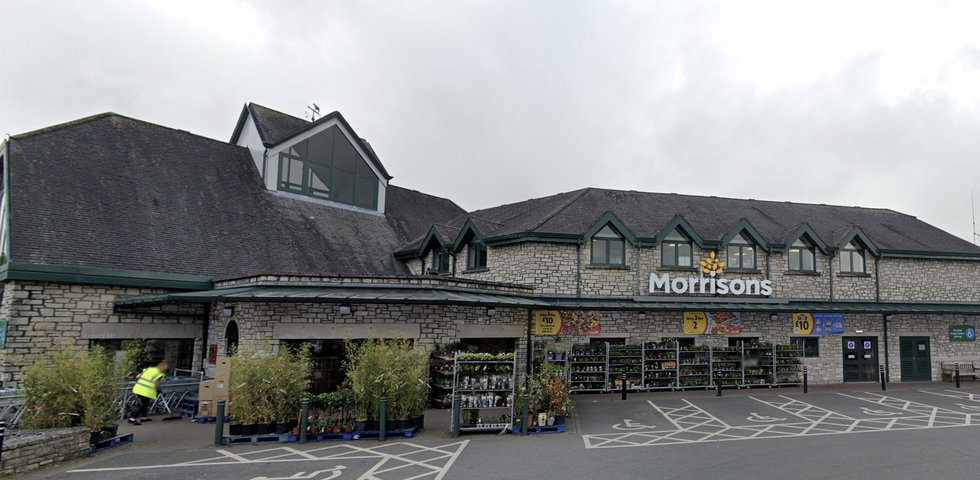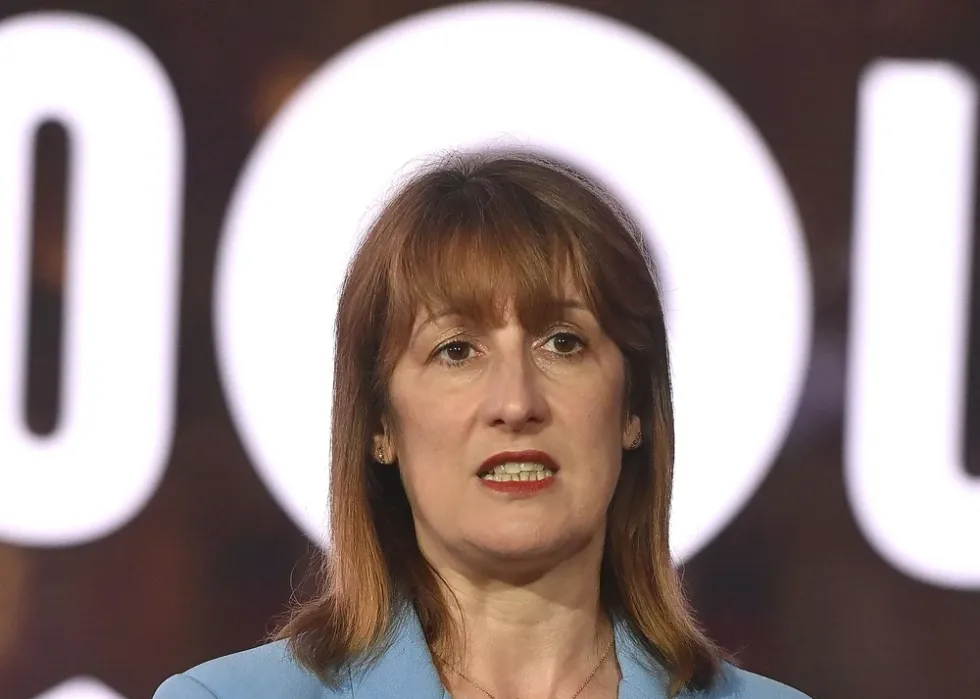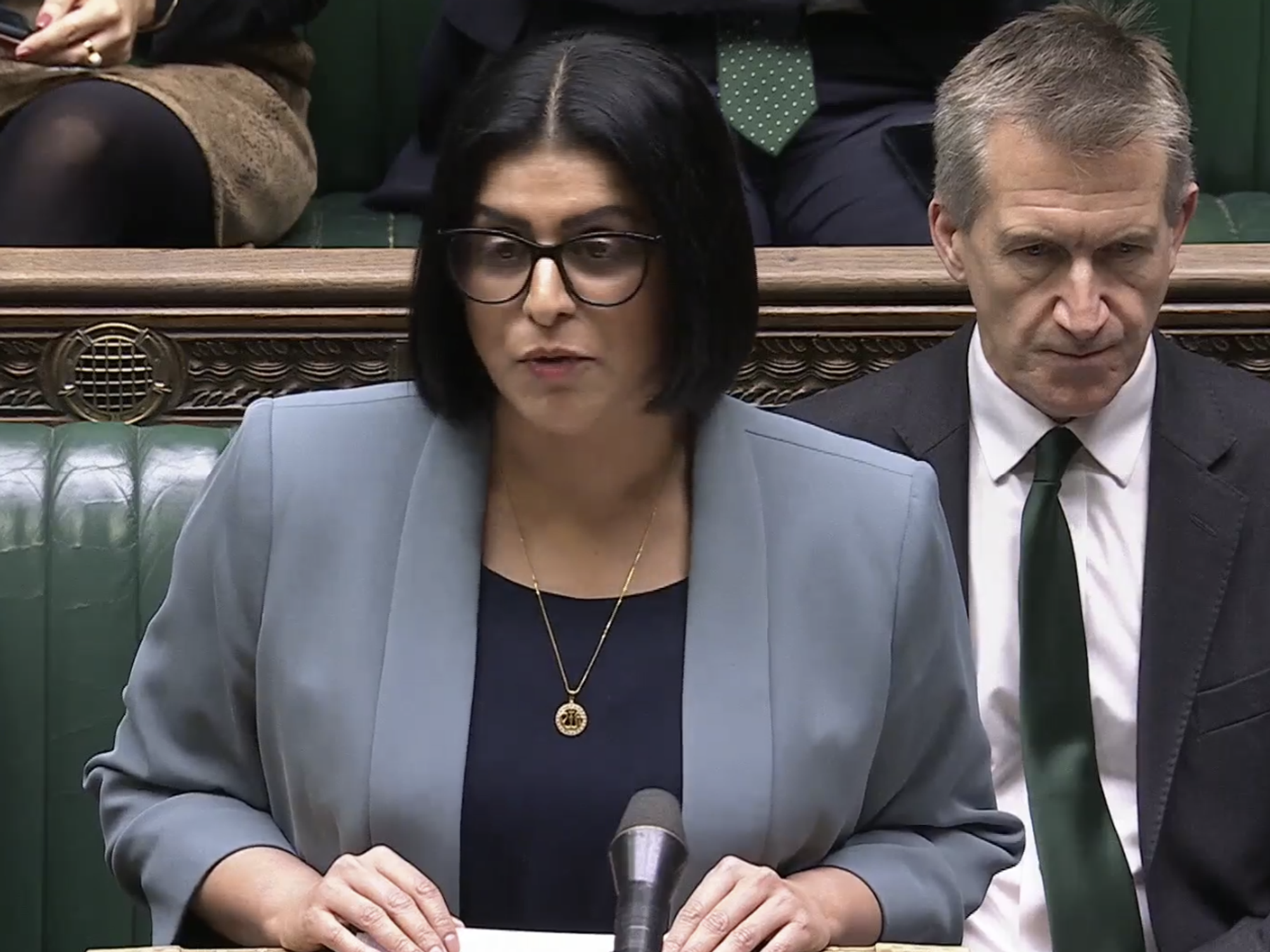Major supermarkets hit with £482MILLION bill as Rachel Reeves' latest tax blow to 'penalise the high street'

The Treasury's property tax shake-up is set to raise nearly £500million from big retail stores, sparking fears of higher prices for consumers
Don't Miss
Most Read
Shoppers could face higher prices as major retailers brace for an additional £482million in annual property tax costs from new business rates reforms.
The changes, set to take effect in April 2026, were designed to support high street businesses by targeting online retailers.
However, fresh analysis reveals the policy will predominantly affect traditional brick-and-mortar stores rather than their digital competitors.
The Treasury's new surcharge applies to properties valued above £500,000, promising to fund tax reductions for smaller retail, hospitality and leisure establishments.
The reforms intended to create fairness between online and traditional retailers will instead burden the physical shops that form the backbone of Britain's high streets.
The policy will affect 4,353 retail, hospitality and leisure properties, while impacting just 129 properties classified as pure online retailers, research from global tax services firm Ryan reveals.
This stark disparity undermines the Government's stated objective of supporting traditional retail against digital competition.
The burden falls heaviest on established chains operating from larger premises, precisely those businesses that maintain significant high street presence.
More than 1,800 supermarkets will experience rate increases under the new system. The financial impact threatens store viability, with approximately 50 Sainsbury's locations and dozens of Tesco stores expected to become unprofitable.
Morrisons faces potential difficulties at 30 of its nearly 500 stores, while roughly 90 per cent of Asda's 600-store network will be affected by the higher property taxes.

Morrisons faces potential difficulties at 30 of its nearly 500 stores
| GOOGLE STREET VIEWThe German discounters Aldi and Lidl largely escape the impact due to their smaller store formats, with property specialists at Colliers estimating fewer than 10 per cent of Lidl's locations will face the new charges.
The Government's analysis shows that distribution warehouses will face approximately £262million in additional costs, substantially less than the retail sector's burden.
The data reveals that 1,589 warehouse properties will be affected, significantly fewer than the retail establishments facing increases.
Alex Probyn, practice leader for property tax at Ryan, described the policy's approach as "blunt," noting that "thousands of supermarkets, department stores and out-of-town chains plus the HQs and distribution centres that support them will be dragged into this new tax."

Roughly 90 per cent of Asda's 600-store network will be affected by the higher property taxes
| AsdaThe hospitality sector faces approximately £75million in additional costs across 650 businesses, while leisure properties will see increases of up to £48.5million affecting 429 locations.
These establishments, ranging from hotels and restaurants to entertainment venues, represent vital components of local economies and community life.
The scale of impact on these sectors demonstrates how the policy extends far beyond its intended target of online retailers, instead creating substantial financial pressure on businesses that provide essential services and social spaces across British towns and cities.

The Treasury defended its approach, stating: "We are creating a fairer business rates system to protect the high street, support investment and level the playing field"
| GETTYThe Treasury defended its approach, stating: "We are creating a fairer business rates system to protect the high street, support investment and level the playing field."
Officials emphasized that the new system will introduce "permanently lower tax rates for retail, hospitality, and leisure properties" without cash caps on relief.
Yet Probyn warned that "instead of targeting the online operators it was designed to address, the policy risks penalising the very businesses that anchor the high street and provide mass employment."










